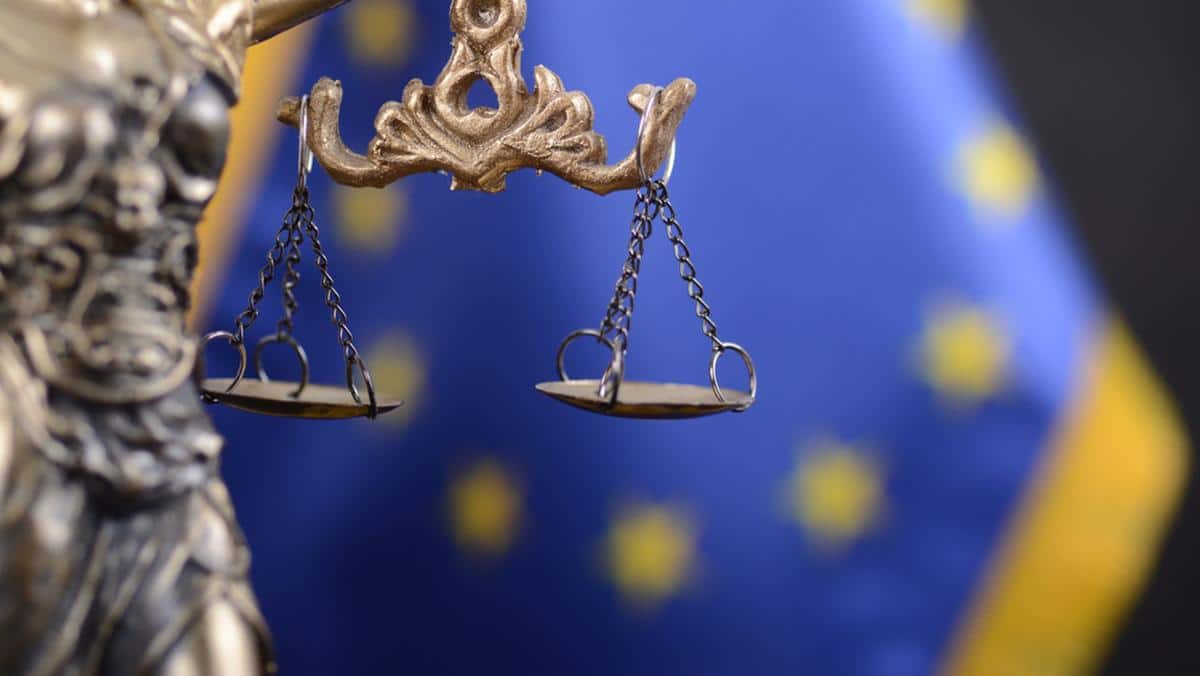The EU Court has refused the registration of the word mark “Pablo Escobar” as an EU trademark, deeming it contrary to public order and good morals. It is too closely associated with drug trafficking and crime.
Pablo Escobar, mafia boss
The General Court of the European Union (part of the Court of Justice of the EU) reviewed a complaint filed by the Puerto Rican company Escobar against the decision of the EUIPO (European Union Intellectual Property Office), which refused the company’s registration of the name Pablo Escobar as an EU trademark for their goods and services. The EUIPO considered that such a mark would be against public order and good morals. There is a presumption that the Colombian national with that name was a drug baron and narco-terrorist.
Trademark registration against morality
The EU Court agreed with the EUIPO’s position. It held that the EUIPO could consider how Pablo Escobar is perceived in Europe by rational Spaniards, who adhere to common values that the European Union is also founded on, such as human dignity, the rule of law, and the right to life. Spaniards, due to the historical connections with Colombia, are very familiar with Pablo Escobar’s life story, and honoring him through trademark registration in the EU would be immoral.
Colombian Robin Hood
The company from Guaynabo, Puerto Rico, pointed to historical, mythical, perhaps even fictional characters such as Robin Hood, Bonnie and Clyde, Al Capone, and Che Guevara, who, despite their associations with crime, have entered pop culture and have been registered as EU trademarks. The company argued that Pablo Escobar, due to his deeds for the poor citizens of Colombia, has also become a mythical figure in popular culture. A TV series about him was even popular in Spain. During his life, Escobar was sometimes referred to as the Colombian Robin Hood.
Escobar was never convicted but has a negative reputation
However, the EU Court agreed with the EUIPO that rational Spaniards would associate Pablo Escobar more with drug trafficking and narco-terrorism, and the human suffering and crimes associated with it, rather than with any good deeds he may have done. A trademark registered under this name would be perceived as contrary to the fundamental moral norms observed by the vast majority of Spanish society. The General Court of the European Union did not agree that the refusal to register the trademark violated the deceased Escobar’s fundamental right to the presumption of innocence (the Colombian was never convicted in a criminal trial and was shot dead by law enforcement officers in 1993), as provided in Article 48(1) of the Charter of Fundamental Rights of the EU, since he is seen by the majority of Spaniards as a symbol of organized crime and responsible for numerous crimes (judgment of April 17, 2024, case T-255/23, Escobar Inc. vs. EUIPO).
Summary
According to Article 7(1)(f) of Regulation (EU) 2017/1001 of the European Parliament and of the Council of June 14, 2017, on the European Union trademark, the inconsistency of a trademark with public order or good morals is an absolute ground for refusal of its registration. The EUIPO is obliged to examine the existence of such grounds ex officio. The benefits of registering a trademark are significant for its owner, primarily granting exclusive rights to the mark within the EU. It is worth noting that not only the EUIPO can guard EU values against violations caused by the registration of trademarks contrary to these values. Third parties can also submit their comments and objections.
Author: Robert Nogacki, legal counsel, managing partner, Skarbiec Law Firm, specializing in legal, tax, and strategic advisory for entrepreneurs.
